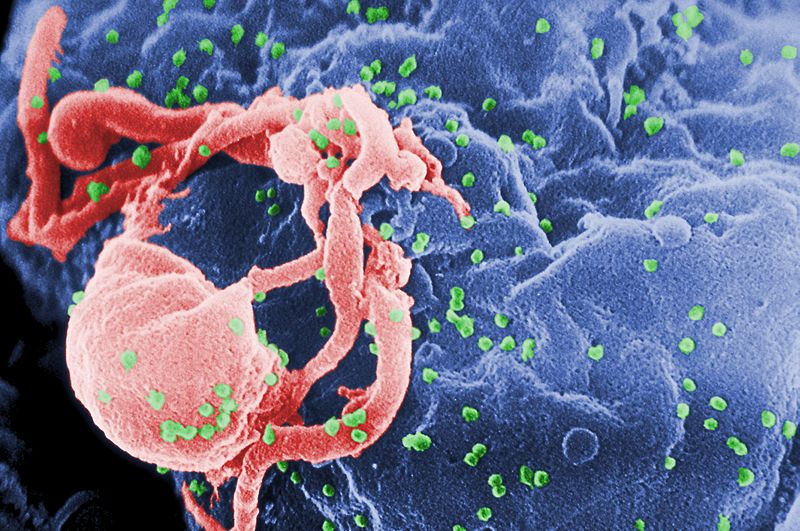Gilead aims to challenge GSK's HIV drug Tivicay

Gilead is mounting a challenge against GlaxoSmithKline’s HIV drug, Tivicay, with its rival integrase inhibitor bictegravir.
At the same time, GSK’s ViiV HIV unit hit back with data of its own, suggesting Tivicay (dolutegravir) could be used in a more patient-friendly two-drug combination therapy and is preparing to file this year.
The companies were presenting data at the Conference on Retroviruses and Opportunistic Infections (CROI) in Seattle.
Gilead’s phase 2 data lack the power to produce statistically significant results, as it came from a small trial of 98 patients.
The trial randomised patients 2:1 to receive either bictegravir and Descovy (emtricitabine+tenofovir alafenamide), or GSK’s Tivicay and Descovy.
Data suggest that a combination of bictegravir and Gilead’s Descovy has high efficacy, with 97% of patients achieving viral suppression at 48 weeks.
No cases of resistance and no serious adverse events, although one patient in the bictegravir arm quit due to a skin rash.
[caption id="attachment_24711" align="alignnone" width="139"] Norbert Bischofberger[/caption]
Norbert Bischofberger[/caption]
Gilead’s chief scientific officer, Norbert Bischofberger, said bictegravir could represent a new treatment option for HIV.
“Based on the data observed in this study, we rapidly advanced the combination of bictegravir and F/TAF into four phase 3 clinical trials. The studies are fully enrolled and we look forward to the availability of these data later this year.”
Like Tivicay, bictegravir is an integrase strand transfer inhibitor, which prevents HIV from replicating inside infected patients' bodies.
GSK plans filing of two-drug regimen
At the same conference, GSK’s ViiV announced detailed study results from a phase 3 programme evaluating switching virologically suppressed HIV patients from a three- or four-drug antiretroviral regimen to a two drug regimen of dolutegravir and Janssen’s rilpivirine.
Headline results were announced in December – but latest pooled data from the SWORD 1 and SWORD 2 studies showed the two-drug regime was as effective as a three or four-drug regimen, based on data from more than 1,000 patients.
Virologic suppression rates were similar between treatment arms and median duration of antiretroviral treatment was just over four years at the time of entry into the studies.
Virologic failure rates were less than 1% in the dolutegravir and rilpivirine arm and 1% in the three- or four- antiretroviral-drug arm.
ViiV’s chief scientific and medical officer, John Pottage said the company is planning filings of the two-drug regimen this year.
He said: “The results from these studies may change our understanding of how HIV can be managed. For more than 20 years we thought that three or more drugs were required to maintain virologic suppression, but the SWORD studies provide compelling data that suppression may be maintained with a two drug regimen of dolutegravir and rilpivirine.”











